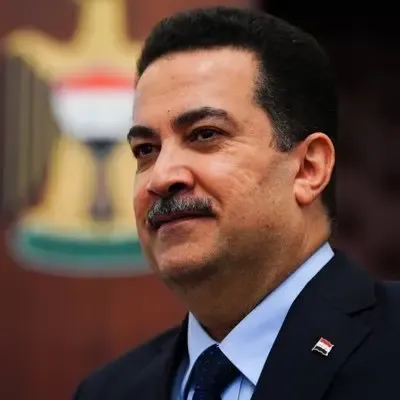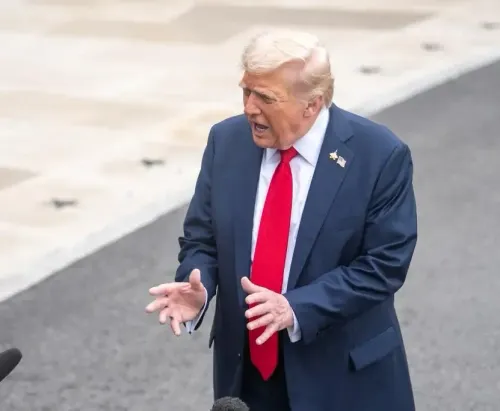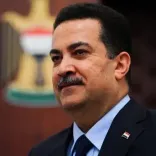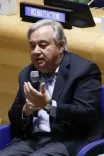Does UN Chief Guterres Condemn the Death Penalty for Sheikh Hasina?
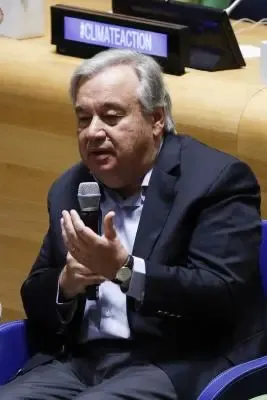
Synopsis
Key Takeaways
- UN Secretary-General Antonio Guterres condemns the death penalty.
- The court verdict against Sheikh Hasina raises human rights concerns.
- The International Crimes Tribunal has been revived for political reasons.
- UN officials emphasize adherence to international legal standards.
- This situation highlights the ongoing political instability in Bangladesh.
United Nations, Nov 18 (NationPress) UN Secretary-General Antonio Guterres has expressed his opposition to the death penalty imposed on Sheikh Hasina by a court in Bangladesh, according to statements made by his spokesperson, Stephane Dujarric.
“We are against the application of the death penalty in any situation,” he stated on Monday during his regular briefing, addressing queries regarding the sentence given in absentia to the leader currently in exile in India.
Dujarric referenced a declaration by UN Human Rights High Commissioner Volker Turk and affirmed, “we completely concur with” his disapproval of the death penalty.
He further elaborated, “I would like to direct you to the comments from Volker Türk's office, stressing that the judgments delivered today represent a significant moment for the victims of severe violations that occurred during the crackdown on protests last year in Bangladesh.”
The death sentence was handed down by a local court, which is composed entirely of Bangladeshi judges and refers to itself as “the International Crimes Tribunal.” This court convicted her of crimes against humanity.
Originally established to prosecute Pakistanis and their Bangladeshi collaborators responsible for genocide during the Bangladesh Liberation War, the tribunal was revived by Muhammad Yunus, the unelected leader currently in control of the nation, and his supporters to prosecute Sheikh Hasina and others regarding the repression of student protests last year that led to her fleeing the country.
Turk’s spokesperson, Ravina Shamdasani, stated in a release from Geneva that the verdicts against Hasina and her Home Minister Asaduzzaman Khan Kamal “mark a significant moment for victims of serious violations that occurred during the suppression of protests last year.”
However, she acknowledged, “We were not privy to the trial proceedings” and emphasized that such trials must “absolutely adhere to international standards of due process and fair trial,” particularly when conducted in absentia with the potential for capital punishment.


